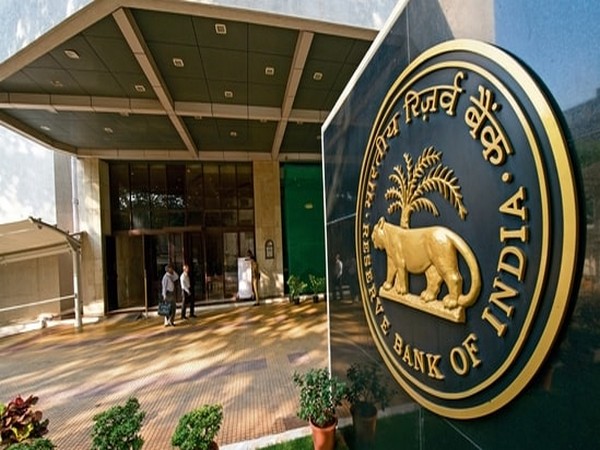The Reserve Bank of India (RBI) has projected a real GDP growth of 7.2% for the fiscal year 2024-25, along with an expected moderation in Consumer Price Index (CPI) inflation to 4.5%, following the Monetary Policy Committee (MPC) meeting held on Wednesday.
RBI Governor Shaktikanta Das said that GDP growth is projected at 7% for Q2, increasing to 7.4% in both Q3 and Q4. For the first quarter of the next financial year (2025-26), growth is anticipated to be 7.3%, with risks evenly balanced across various economic indicators.
Das emphasized that this growth trajectory is supported by strong quarterly performances, notably fueled by a revival in private consumption and an uptick in investments. “Real GDP grew by 6.7 percent in Q1 of FY25, led by a resurgence in private consumption and the highest investment share in GDP since 2012-2013,” he said, although he noted a contraction in government expenditure during the same period.
The RBI governor indicated that the gross value added (GVA) expanded by 6.8%, surpassing GDP growth, due to robust activity in the industrial and services sectors. High-frequency indicators suggest a continued stability in domestic economic activity, reinforcing the positive outlook.
On the inflation front, Das projected a slight increase in the third quarter to 4.8 percent, with expectations of further moderation in the fourth quarter due to the kharif harvest. However, he cautioned that agricultural output remains vulnerable to weather-related shocks, which could disrupt inflationary trends.
While the MPC acknowledged that macroeconomic parameters for inflation and growth appear well balanced, Das expressed caution regarding the pace of inflation reduction. “Headline inflation is on a downward trajectory, but the pace has been slow and uneven. There may be a reversal in September, keeping inflation elevated in the near term due to adverse base effects and other factors,” he said.
Despite these challenges, there is optimism for a reduction in food inflation later in the fiscal year, attributed to strong kharif sowing, adequate buffer stocks, and favorable soil moisture conditions. Das said, “Resilient growth allows us to focus on inflation to enable its durable descent to the 4 percent target.”
(Inputs from ANI)




















